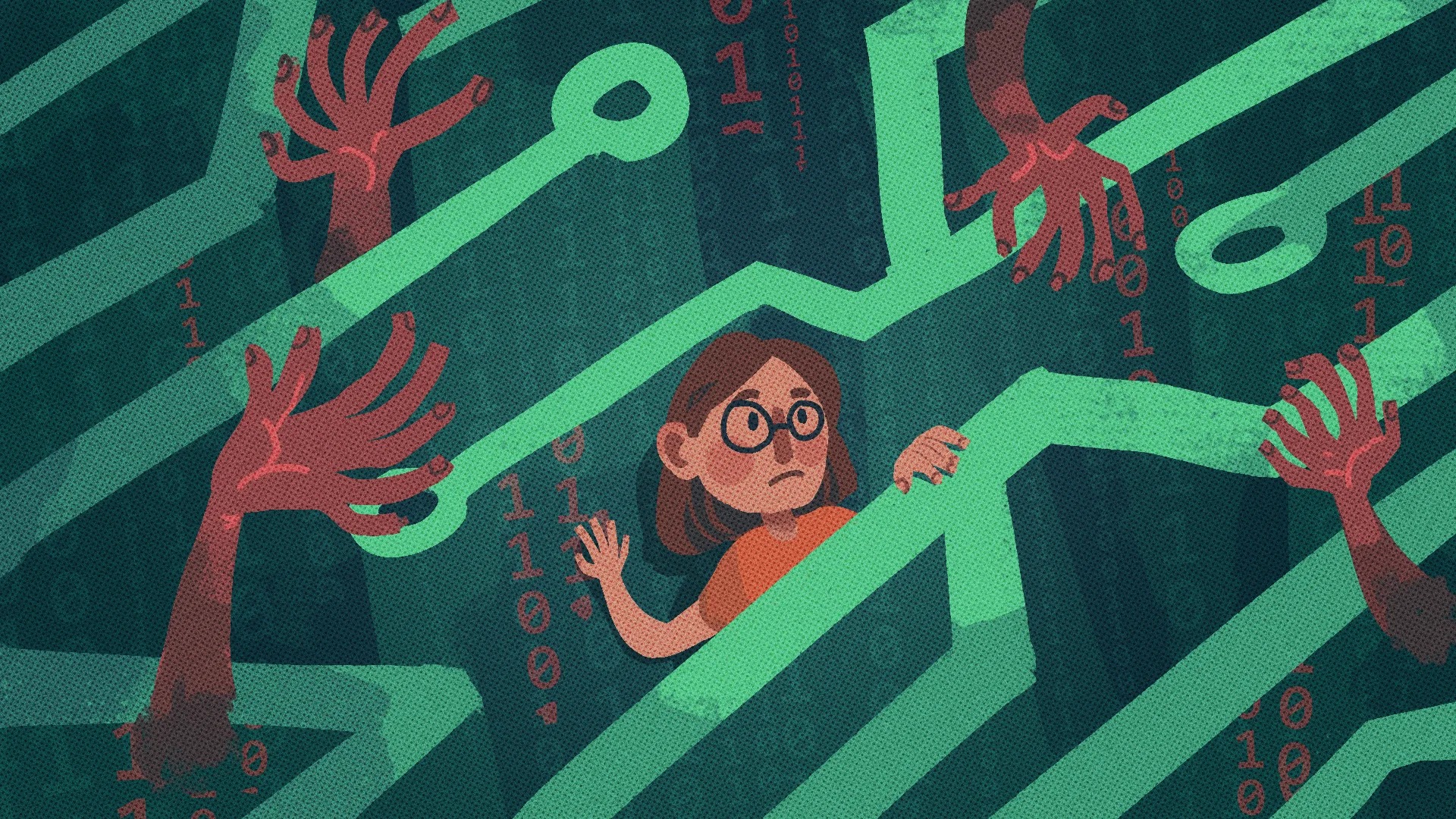[DECODED] Goodbye fact-checkers? Hello to more lies!
Read more
By dismissing fact-checking as 'biased,' Zuckerberg undermines the work of journalists
MANILA, Philippines – “The fact-checkers have been too politically biased and have destroyed more trust than they’ve created, especially in the US,” Meta CEO Mark Zuckerberg said in a video released on Tuesday, January 7.
As a fact-checker myself, this statement strikes a nerve. Zuckerberg’s statement also echoes something painfully familiar to us in Philippine media.
We’ve heard it before from former president Rodrigo Duterte, who dismissed critical and truth reporting as “biased.” That label opened the floodgates to attacks on the press, eroding public trust, and leading to the closure and harassment of newsrooms, including ABS-CBN.
Now, Zuckerberg has announced the end of Facebook’s fact-checking program in the US, initially created to combat the spread of disinformation.
What does this mean for the Philippines?
For now, not much. Zuckerberg said the changes will roll out in the United States first, with no set timeline for other regions.
But let’s be honest — this policy shift could have global repercussions, disrupting the information ecosystem in ways we cannot afford to ignore.
In the Philippines, we’ve already seen how disinformation on social media platforms misleads people and undermines democracy, particularly during elections.
Zuckerberg claims that fact-checkers are politically biased. But how can facts themselves be biased?
By dismissing fact-checking as “biased,” Zuckerberg undermines the work of journalists.
Earlier this year, Meta also shut down CrowdTangle, a critical tool for tracking and analyzing the spread of disinformation.
On top of this, scams – mostly about health products — thrive on Meta’s advertising platforms.
In 2024, 46% of our fact checks were political in nature, including those about the tensions in the West Philippine Sea. But it is more than that. We also fact-checked lies about disasters, health, and scams — which directly affect people's health and safety.

Rappler's analysis also highlighted the growing use of AI-driven disinformation, primarily aimed at promoting unregistered medical products for various diseases.
During the COVID-19 pandemic, fact-checking proved essential in tackling vaccine hesitancy by debunking false claims and conspiracy theories. In one way or another, this effort arguably helped save lives and curb the spread of misinformation that threatened public health efforts.
Fact-checking labels, like warning signs on unsafe products, are essential. Removing them is like erasing safety warnings — leaving users vulnerable to harm.
Zuckerberg’s solution? Community Notes, modeled after Elon Musk’s approach on X (formerly Twitter), which shifts moderation responsibilities to users.
Meta’s chief global affairs officer Joel Kaplan claims this approach will lead to better content outcomes.
“We’ve seen this approach work on X, where the community provides context for potentially misleading posts,” Kaplan said.
But let’s not kid ourselves — relying on community moderation is risky. Coordinated disinformation campaigns and bad actors can exploit such systems, labeling truths they dislike as “false” and creating a dangerous monopoly over the “truth.”
The Washington Post's analysis has shown that X’s Community Notes struggle to address false political claims effectively. Even when notes are applied to election-related posts, the process can take over 11 hours — long enough for millions to be misled.
As a third-party fact-checker, we strictly adhere to the guidelines set by Meta’s Third Party Fact Check Program and follow the principles of the International Fact-Checking Network. Fact-checking is a rigorous process that demands thorough research and attention to detail. In other words, there's accountability and transparency for the work we do.
Crippling newsrooms
The Guardian reported that many US newsrooms partnered with Meta may soon face layoffs as the loss of funding takes a toll on their finances. Meta’s decision to end its fact-checking program not only weakens efforts to combat misinformation but also puts journalists’ livelihoods at risk.
Facebook’s actions aren’t just killing fact-checking. They’re crippling newsrooms globally.
In January 2023, Meta — the world’s largest distributor of news — began aggressively throttling traffic to news sites. By August, global referral traffic from Facebook to the top 30 news sites had dropped by a staggering 62%, according to Similarweb data.
Meta’s fact-checking program was the bare minimum the platform could do to safeguard the truth in a space overrun by lies and hate. And now, even that’s gone.
So, is this the end for fact-checkers? Absolutely not.
Zuckerberg’s decision to dismantle Meta’s fact-checking program creates greater challenges, particularly with the Philippine elections approaching. But as long as lies exist, fact-checkers — journalists — will continue to fight for the truth. – Rappler.com
This story was originally published on Rappler on January 10, 2025.
Decoded is a Rappler series that explores the challenges and opportunities that come with living in transformative times. It is produced by The Nerve, a data forensics company that enables changemakers to navigate real-world trends and issues through narrative & network investigations. Taking the best of human and machine, we enable partners to unlock powerful insights that shape informed decisions. Composed of a team of data scientists, strategists, award-winning storytellers, and designers, the company is on a mission to deliver data with real-world impact.






